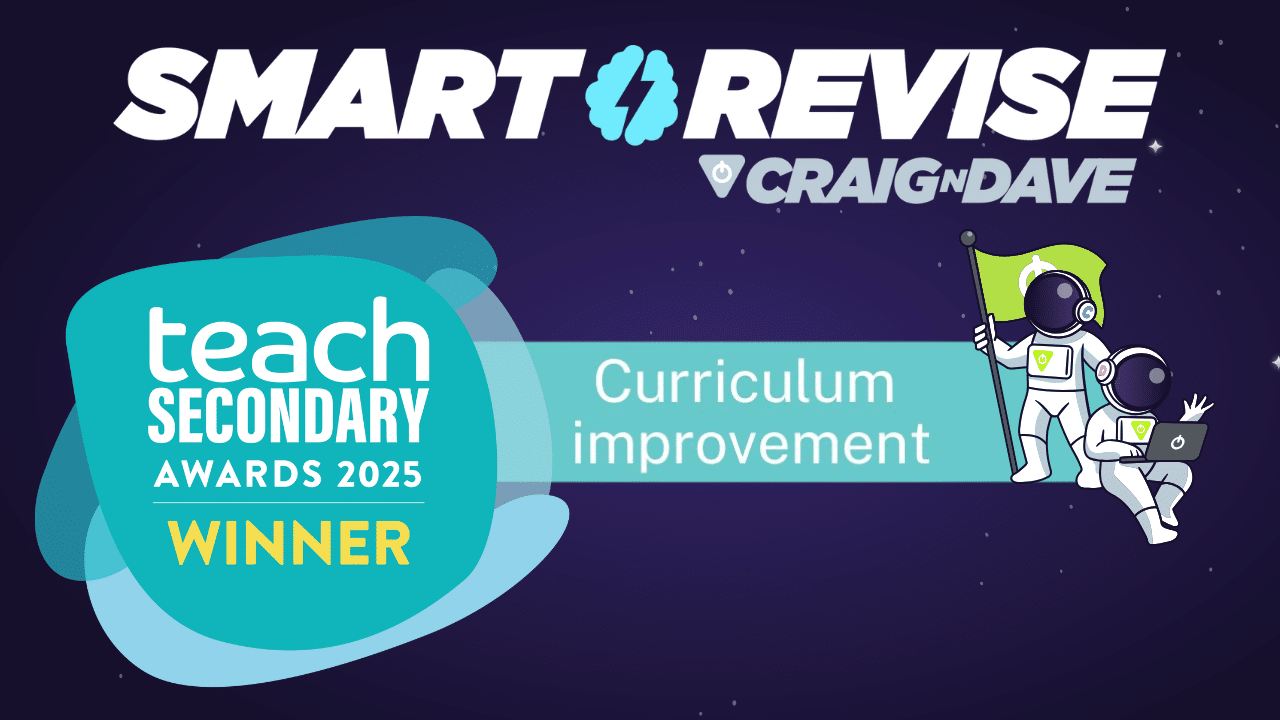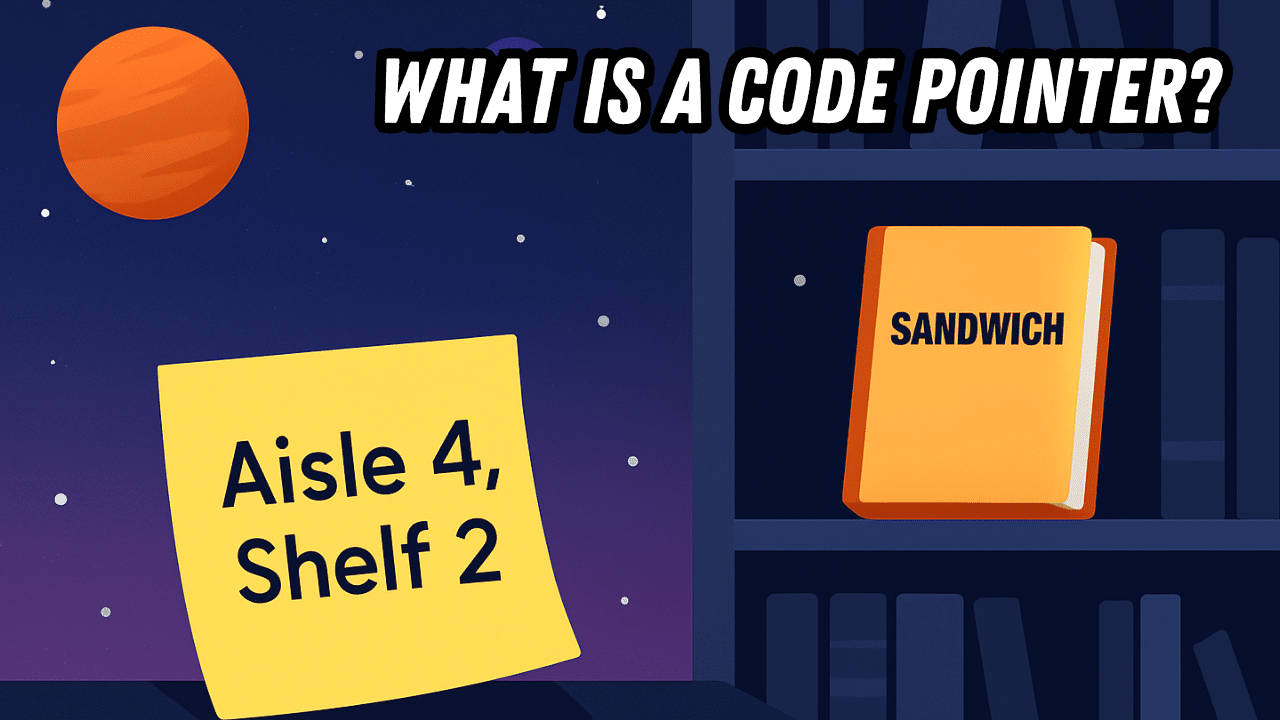
30 September 2025
Let’s face it, GDPR doesn’t sound like the most thrilling topic. But if you’ve ever wondered what happens to your personal information after you sign up to a website or click “I accept” on a cookie banner, the General Data Protection Regulation might just be your new best friend.
Introduced by the EU, GDPR is essentially a set of rules telling companies: stop hoarding user data like dragons with a spreadsheet addiction. It gives you rights—real, enforceable rights—over your personal information.
What does GDPR actually do for you?
- Right to be forgotten – You can ask a company to delete your data.
- Right of access – You can find out exactly what information a company holds on you (even if it’s just confirming your weakness for online sales).
- Right to know about breaches – If your data leaks, they have to tell you. No more shady silence while your details end up in the wrong hands.
And if they don’t play by the rules?
Companies face serious fines—we’re talking €20 million or 4% of their annual global turnover, whichever is higher. That’s not something you can brush off with a few coins from under a billionaire’s sofa cushion.
But what about those annoying cookie pop-ups?
Yes, those are part of GDPR too. Unfortunately, some companies make rejecting tracking more complicated than assembling flat-pack furniture. It’s compliance—just not the user-friendly kind.
And here’s a curveball: if a government demands your data, companies might not be allowed to tell you. That’s where confidentiality notices come in—forcing silence and keeping you in the dark.
So… should you care?
Absolutely. GDPR gives you power in a world where data is currency. If you want even a sliver of control over how your personal details are used, GDPR is a pretty big deal.
🎥 Want to dive deeper? Watch the full video on our YouTube channel, where the Craig’n’Dave Lesson Hacker breaks it down.
🌐 Looking for more computer science content? Explore our resources at Craig’n’Dave.












